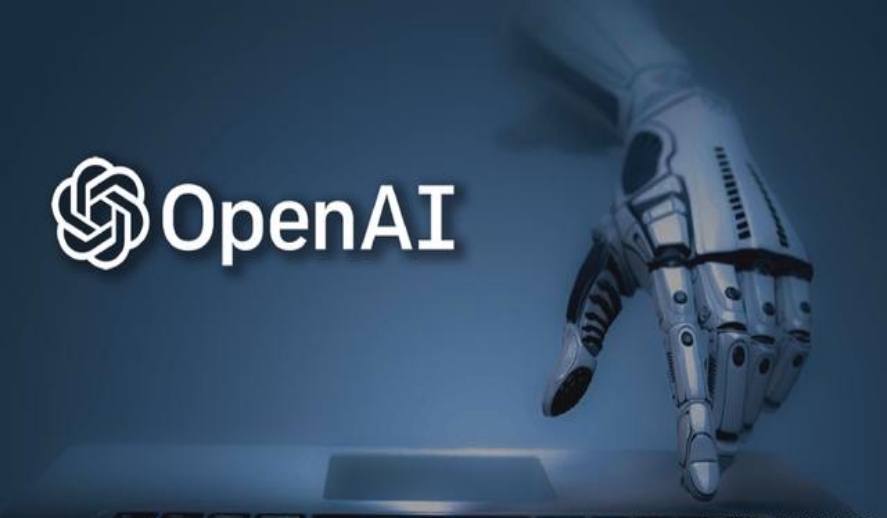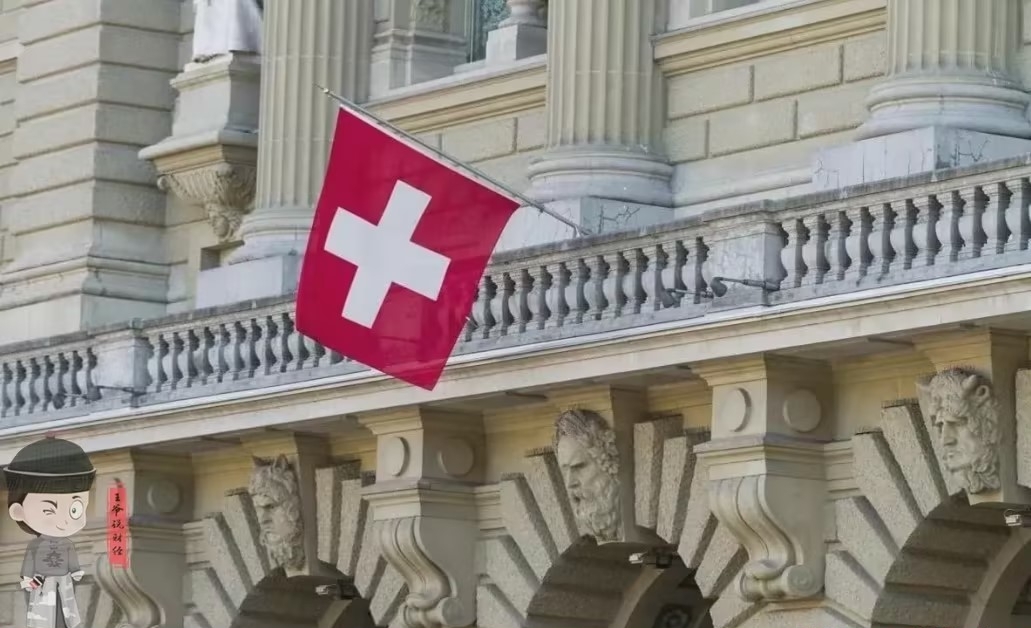
The Us-Based Open Artificial Intelligence Research Centre (OpenAI), which developed ChatGPT, is once again at the centre of a copyright dispute, this time being sued by a number of Canadian media outlets. These media have jointly sued OpenAI for the unauthorized use of copyrighted content to build and operate its artificial intelligence systems, and a "copyright war" around artificial intelligence is quietly escalating.
Several Canadian media giants, including the Toronto Star and its Metropolitan Media Group, The Post Group, The Globe and Mail, the Canadian Press, and the Canadian Broadcasting Corporation, have filed lawsuits against OpenAI. The media outlets accused OpenAI of "routinely violating" copyright and online terms of use by scraping vast amounts of content from Canadian media to develop products such as ChatGPT and profiting from it. The plaintiffs are seeking punitive damages from OpenAI and the recovery of profits it earned from using the plaintiffs' media content, up to $20,000 per story, meaning the total amount of litigation could run into billions of dollars.
In the face of media allegations, OpenAI did not choose to silence, but issued a statement denying the allegations. OpenAI says its model is based on publicly available data, is based on fair use and relevant international copyright principles, is fair to creators and supports innovation. However, the announcement failed to quell the anger of the media, and instead made the copyright dispute more complicated.
In fact, the copyright dispute between OpenAI and the media is not unique. Prior to this, the New York Times filed a lawsuit against OpenAI on the grounds of copyright infringement, demanding that OpenAI stop using its content to train artificial intelligence models and destroy the data that has been collected. The lawsuit is still ongoing, though OpenAI says the two sides are in "constructive negotiations" over copyright issues. This makes you wonder why OpenAI is so often Mired in copyright disputes.
From a technical point of view, OpenAI, as a leader in the field of artificial intelligence, has undoubtedly injected new vitality into the development of artificial intelligence technology with the emergence of products such as ChatGPT. However, in its pursuit of technological innovation, OpenAI seems to have overlooked the importance of copyright protection. In building and operating its AI systems, OpenAI makes extensive use of copyrighted content without permission or compensation from the content owners. This behavior not only infringes the copyright interests of the media, but also damages the creative enthusiasm of the creators.
More seriously, OpenAI's behavior could have an incalculable impact on the entire Internet ecosystem. Many people who have worked at OpenAI and other tech companies have warned that AI technology could cause serious harm. However, most of the warnings are about future risks, such as the possibility that AI systems could help create new biological weapons in the future. In contrast, some researchers argue that the current actions of AI companies such as OpenAI pose a more immediate threat to the commercial viability of creators.
Sushil Balaji, who spent nearly four years as an artificial intelligence researcher at OpenAI, said ChatGPT and other chatbots are destroying the commercial viability of individuals, businesses and Internet services. These individuals, businesses, and others are the ones who create the data used to train AI systems. Balaji believes that this is not a sustainable model for the entire Internet ecosystem. If AI companies continue to use copyrighted content in this way, it will cause creators to lose the incentive to create, which will affect the healthy development of the entire Internet ecosystem.
It's worth noting that OpenAI is not the only AI tech company that has been caught up in copyright disputes. Dow Jones, a subsidiary of media mogul Rupert Murdoch's News Corp., and the New York Post have also filed lawsuits against another artificial intelligence startup, Perplexity. Perplexity provides users with an artificial intelligence chatbot that summarizes search results, lists cited sources for answers and helps users optimize their queries for the best response. With Perplexity's remarkable performance in the search field, it was thought that the company might compete in the search engine market, which is dominated by Google.
The lawsuit filed by Dow Jones and the New York Post argued that in competing for the "reader" market, Perplexity took free advantage of valuable and unlicensed content produced by publishers through "reckless schemes." This behavior not only infringes the copyright interests of the media, but also damages the commercial interests of the publishers. It is worth noting that Perplexity had earlier begun seeking partnerships with news media and released a new revenue sharing plan for publishers. However, the plan did not stop media lawsuits against him.
The actions of AI technology companies such as Perplexity and OpenAI have exposed a problem: how to balance the relationship between technological innovation and copyright protection while pursuing technological innovation? This is an urgent problem to be solved. If AI companies continue to use copyrighted content in ways that violate copyright, it will lead to more lawsuits and disputes. This will not only damage the reputation and interests of AI companies, but also cause immeasurable impact on the entire Internet ecosystem.
To address this issue, AI companies need to take more aggressive steps to strengthen copyright protection. First, AI companies should respect the copyright interests of content owners and creators and avoid unauthorized use of copyrighted content. Second, AI companies can collaborate with content owners and creators to co-develop and use copyrighted content. In this way, AI companies can obtain authorization to legally use copyrighted content, while also creating more business opportunities and revenue for content owners and creators.
In addition, the government and relevant agencies should also strengthen the supervision and management of artificial intelligence technology companies. The government can formulate more stringent laws and regulations to regulate the behavior of AI technology companies to prevent copyright infringement and damage to the interests of creators. At the same time, the government can also encourage and support content owners and creators to cooperate with AI technology companies to jointly promote the innovation and development of AI technology.
However, it is important to note that even if these measures are taken, the conflict between AI technology and copyright protection cannot be completely resolved. Because the pace of development of artificial intelligence technology is very fast, and the formulation and updating of laws and regulations often lag behind the development of technology. Therefore, in the process of solving this problem, all parties need to make joint efforts, continuous exploration and innovation.
To sum up, the frequent involvement of artificial intelligence technology companies such as OpenAI in copyright disputes cannot be ignored. These companies need to take more aggressive steps to strengthen copyright protection and respect the copyright interests of content owners and creators. At the same time, the government and relevant agencies should also strengthen the supervision and management of artificial intelligence technology companies to prevent copyright infringement and damage to the interests of creators. Only in this way can we promote the healthy and sustainable development of artificial intelligence technology and bring more well-being and progress to human society.

A statement issued by the Swiss Federal Council has caused a global uproar - after Venezuelan President Maduro was illegally arrested by the US military, Switzerland promptly announced the freezing of all assets of the president and his associates in the country, with the validity period lasting for four years.
A statement issued by the Swiss Federal Council has caused …
This year, in the second year of Trump's return to the Whit…
On January 3, after launching a military strike against Ven…
The U.S. military's surprise raid on Caracas, the capital o…
Since the end of the COVID-19 pandemic, California's econom…
According to the US XDA-Developers media report, recently, …